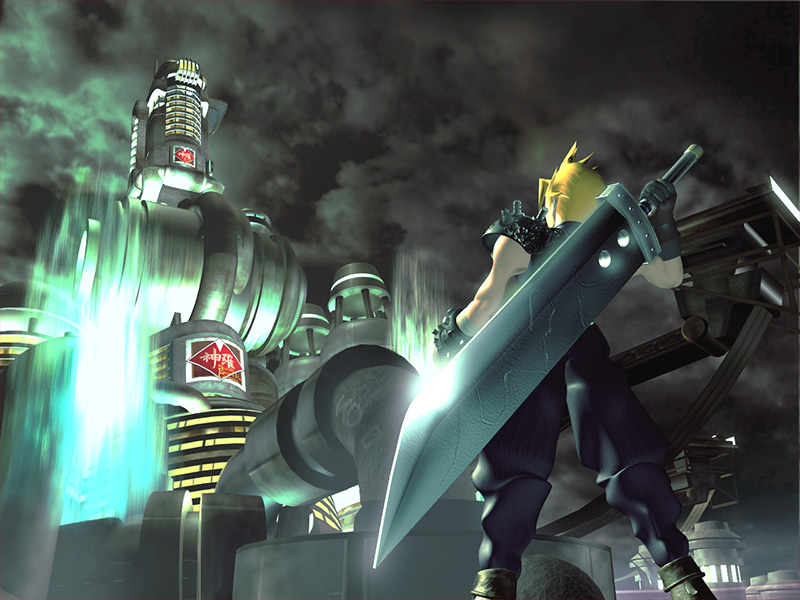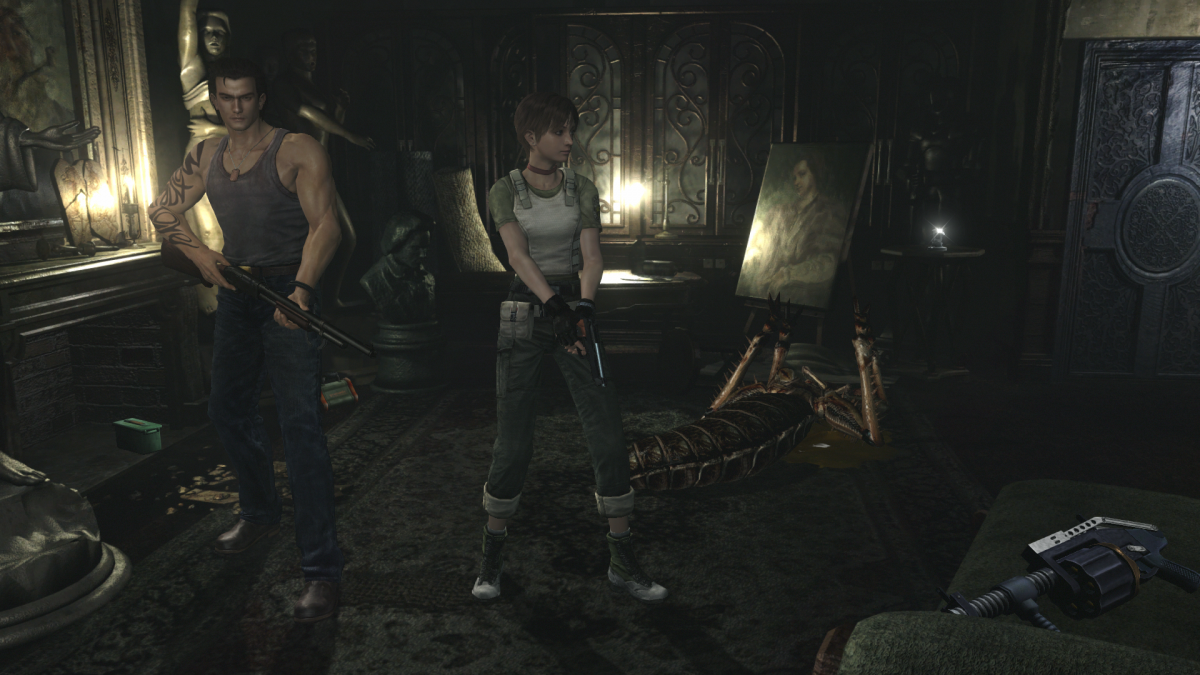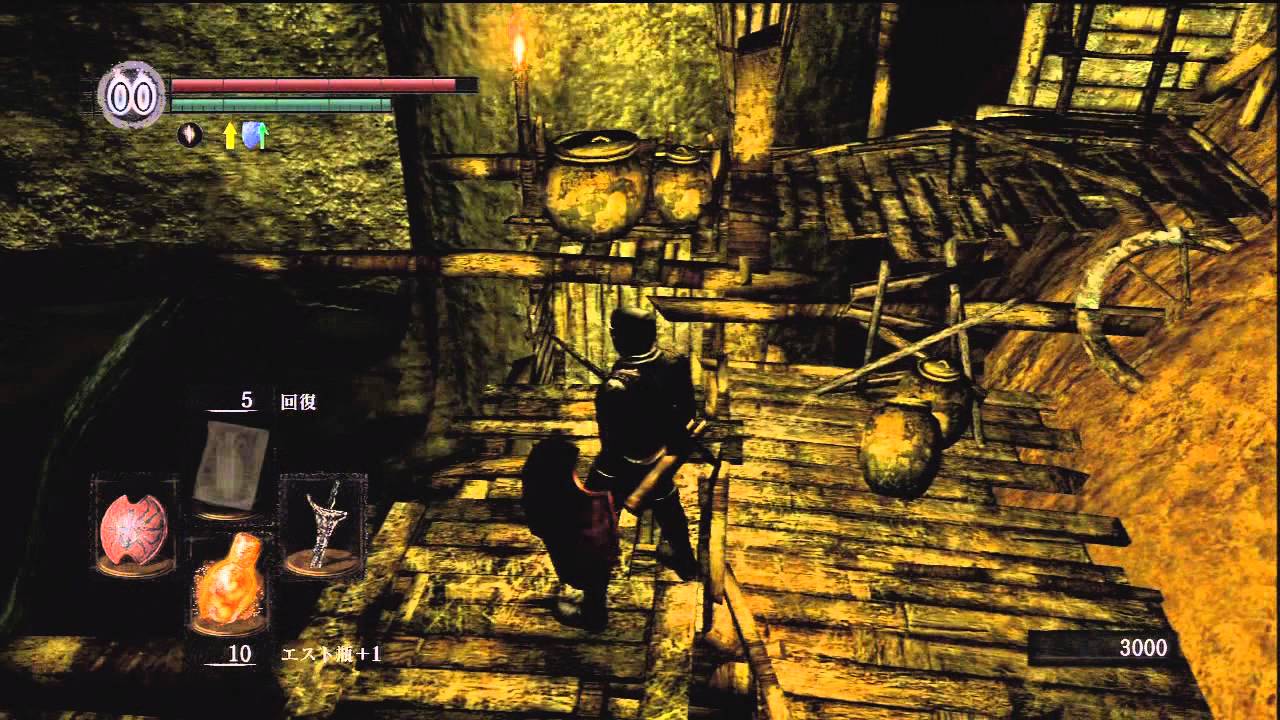Why I love the journey
"Know whence you came and there are no limitations to where you can go."


In Why I Love, PC Gamer writers pick an aspect of PC gaming that they love and write about why it's brilliant. This week Joe favours the trail over the target.
One of my fondest gaming memories is leaving Midgar for the first time. It's a moment that stands out not because I'd successfully navigated the Shinra headquarters beforehand, freed Red XIII, and persevered with that god-awful Road Rash-inspired motorbike sequence—it's not even because this is the point where Final Fantasy 7's story in essence takes flight.
Leaving Midgar sticks out in my mind because it's the first time you see The Planet laid out before you. Gaia's world map might seem restrictive against today's standards but back then this was something, and no matter how quickly you wound up locking horns with Sephiroth in the Northern Cave—the game's ultimate arena—the white blips that lined the in-game map highlighted the amount of exploration that'd be required along the way.
You may have enjoyed similar personal revelations before or after FF7's launch on the opposite side of the millennium, but no matter how this particular game has aged, the concept of the journey is as profound and remarkable now as it was then. "Know from whence you came. If you know whence you came, there are absolutely no limitations to where you can go," so goes the famous quote attributed to American novelist James Baldwin, and while the social critic and part-time poet passed away prior to release of Ultima 5 and Sega's Mega Drive/Genesis home console, his timeless words can be applied to videogames in a number of ways.

The most obvious reflections of the journey concept in relation to games are possibility and discovery. Role-playing games like Final Fantasy 7 see you wandering expansive maps, fighting throngs of minions within the darkest dungeons, townships and keeps, taking on all-powerful bosses, and then starting the cycle again against slightly tougher enemies. In horror games, the journey often echoes refuge—those scant moments of safety where the onslaught of zombies and otherworldly creatures momentarily gives way.
I was reminded of this towards the end of the Resident Evil Zero remaster earlier this year, during the segment where Rebecca Chambers is separated from co-protagonist Billy Coen. She shuttles between two distinctly dangerous areas via cable car and, unlike a similar scenario in Resident Evil 2, the journey is made without incident.
In the original Half-Life, Gordon Freeman's train journey to Black Mesa is nondescript, however when the same situation is emulated in Half-Life 2, in light of the first game, the trip boasts a heavy sense of dread. Obvious parallels can be drawn between this and our introductions to both BioShock and BioShock Infinite. Other examples of the journey in games are of course more pleasant— such as when Dishonored 2 offers the chance to soak in its sun-bleached vistas en route to Kirn Jindosh's Clockwork Mansion; or when Grand Theft Auto 5 lets you hold conversations with taxi drivers in dialogue that would otherwise be glossed over. The player is offered full autonomy in these situations, which galvanises the idea of possibility, where the player could just as easily skip the taxi route, or have Emily or Corvo stare at their feet.

In the Dark Souls series the journey often represents triumph, where traversing its brutally unforgiving landscapes allows you to appreciate how far you've come as a player. Almost everyone hates Blighttown, but would ringing that second bell have felt like such an achievement had it not been so painstakingly difficult getting there?
The biggest gaming news, reviews and hardware deals
Keep up to date with the most important stories and the best deals, as picked by the PC Gamer team.
The walking simulator genre is one entirely comprised of games built around exploration and for some people sandbox games represent nothing but the journey. Minecraft enthusiast Kurt J Mac has turned this passion into a career as he strives to reach the game's Bad Lands—an area which is said to exist so far from a player's original spawn location that if reached will cause the game to bug out and crash. At the time of writing Mac's Far Lands or Bust YouTube travelling series has seen his channel accrue 377,590 subscribers and 70,621,226 views over the past few years.
While I'm aware the journey concept is integral to almost every game in that you start at X, complete Y, and finish at Z, I think it's important to appreciate how much time we spend tackling goals and ticking boxes in games—be that over hundreds of hours within deep and complex grand strategies, chunks of our lives alongside online pals in MMOs, or during modest five hour stints in the latest indies. To this end, idle reflection is to me equally as important as the task at hand.

